Introduction
Azure Cloud Solutions are not a one-size-fits-all service, and Microsoft recognizes this by offering a tiered range of support plans designed to meet the varying needs of businesses and enterprises. The available plans—Basic, Developer, Standard, and Professional Direct—each come with distinct features, from the speed of response times to the availability of support channels and advanced capabilities.
In understanding Azure's offerings, it's essential to consider the robust features such as high availability, fault tolerance, and disaster recovery—all of which ensure that businesses have reliable and continuous access to their data across multiple data centers worldwide.
Azure's support plans, when selected with precision, can provide businesses with the right level of service to support their cloud endeavors, backed by Azure's commitment to reliability, flexibility, and innovation. With Azure Cloud Solutions, organizations can leverage a partnership that emphasizes customer-centric approaches, driving their enterprises towards innovation and success.
Types of Azure Support Plans
Microsoft acknowledges this by providing a hierarchical range of assistance plans tailored to cater to the diverse requirements of businesses and enterprises. The different plansâBasic, Developer, Standard, and Professional Directâeach come with unique features, from the speed of response times to the availability of assistance channels and advanced capabilities.
One example of the effectiveness of a cloud partner in real-world application comes from IFCO, who, with a small IT department, sought out a provider with a track record of successful deployments. They found such a partnership with Rackspace Technology, which provided them with valuable insights and alternative approaches backed by extensive experience with other clients.
The implications of choosing the right support plan cannot be overstated. It's similar to the customizable nature of Document Intelligence within the platform, which employs AI to extract and process data from documents, offering quick and accurate information extraction without the need for heavy manual intervention. This degree of customization and flexibility is crucial for businesses looking to tailor their cloud services to specific needs.
For Cloud Solution Providers (CSPs), it's important to note that billing accounts for Microsoft Partner Agreements are subject to governance and policies set forth by Microsoft. These accounts facilitate billing management for CSPs' customers within the new commerce experience, which is contingent upon at least one customer having accepted a Microsoft Customer Agreement and possessing a Plan.
When it comes to cost, the pricing of Microsoft's cloud computing platform is dynamic, with estimates subject to change based on agreement types, purchase dates, and currency exchange rates. However, the strategic selection of a support plan can lead to optimized spending and enhanced alignment with organizational objectives.
The increasing competition in the cloud marketplace is apparent, and the continued market share growth of the platform is a testament to its value proposition. According to Vantage's report, the spending percentage of Microsoft's cloud platform is increasing, indicating its growing popularity among businesses.
When comprehending the offerings of the cloud platform, it's crucial to take into account the strong characteristics like high availability, fault tolerance, and disaster recovery - all of which guarantee that businesses have dependable and uninterrupted access to their data across numerous data centers globally.
Private plans and offers in the Marketplace also provide an avenue for negotiated pricing and terms, enabling tailored solutions for distinctive enterprise needs.
To conclude, when carefully selected, Azure's support plans can provide businesses with the necessary level of assistance to bolster their cloud initiatives, backed by Azure's dedication to reliability, flexibility, and innovation.
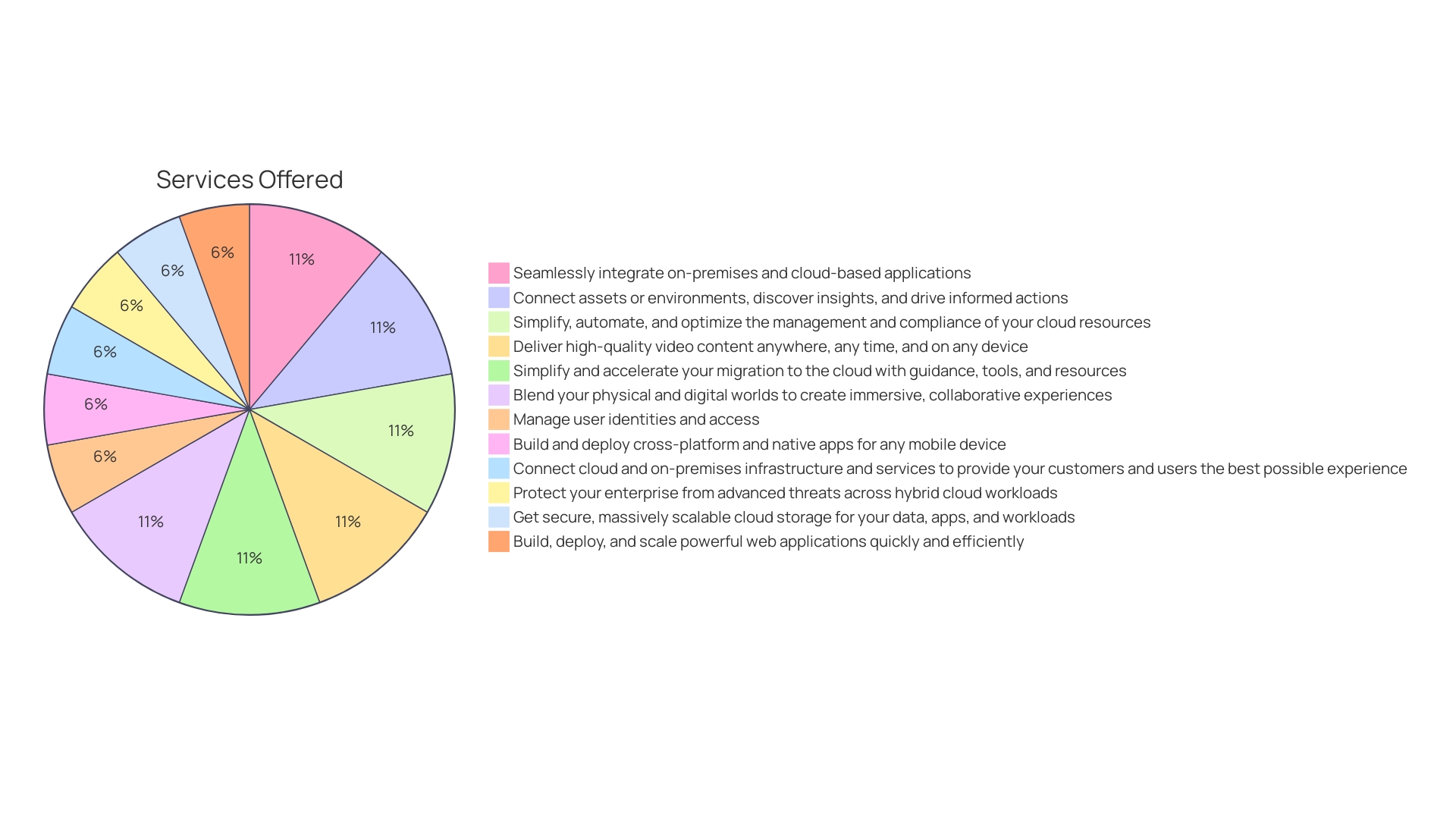
How to Contact Azure Support
Navigating channels for assistance with Microsoft's cloud platform is crucial for swift and effective resolution of technical issues. Customers have various channels to contact the assistance team of Microsoft's cloud computing platform. For immediate assistance, contact options include phone and online chat, while non-urgent issues can be addressed through email communications. Additionally, the Azure portal offers a streamlined process for submitting assistance requests. To accelerate the assistance process, gather necessary information like subscription details and specific error messages in advance. By clearly explaining the problem, establishing the appropriate priority level, categorizing the request correctly, outlining any tried solutions, and sharing contact details, organizations can improve the assistance encounter. This systematic method of resolving issues is supported by key players in the industry, as demonstrated by the collaboration between IFCO Systems and Rackspace Technology, where the focus was on competent staff and customer-focused resolutions during their implementation projects. Adhering to level agreements, such as the Microsoft Customer Agreement or the Microsoft Online Subscription Agreement, ensures that support interactions adhere to the agreed-upon terms and performance metrics.
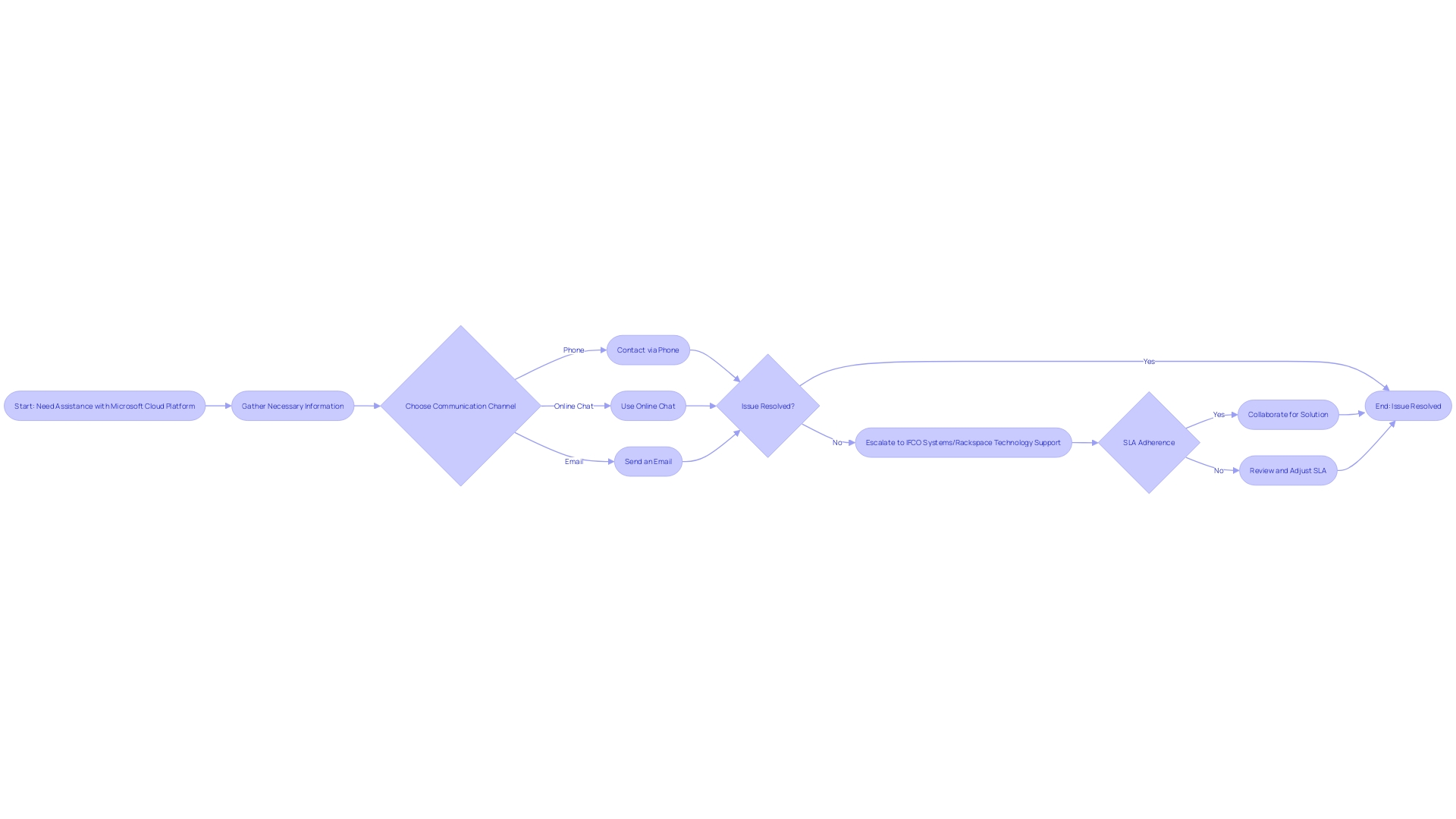
Common Issues Resolved by Azure Support
Cloud Solutions are not just about providing a range of services; they also encompass the intricate task of ensuring optimal performance across a complex ecosystem of servers, virtual machines, and operating systems. This challenge is likened to conducting medical trials for a new medication across diverse demographics; the process is fraught with numerous interconnected variables and is inherently complex. As Mark Russinovich, CTO of Microsoft's cloud computing platform, highlights, it's a challenge that extends across the entire technology industry, requiring sophisticated optimization algorithms to discover nearly ideal solutions within practical timeframes and resource limitations. Support is skilled at handling such intricacies, providing crucial aid in deployment, configuration, and troubleshooting of performance issues. Furthermore, Azure's robust assistance structure is designed to manage and optimize online resources, ensuring security, and enabling businesses to seamlessly integrate their on-premises and online environments. This comprehensive assistance enables businesses to revolutionize their operations by connecting assets, deriving insights, and automating processes, all while ensuring compliance and delivering quality content across devices. Utilizing the Azure platform, businesses can depend on secure, scalable storage and the necessary tools to develop efficient web applications, facilitating a smooth transition to the digital realm and fostering innovation.
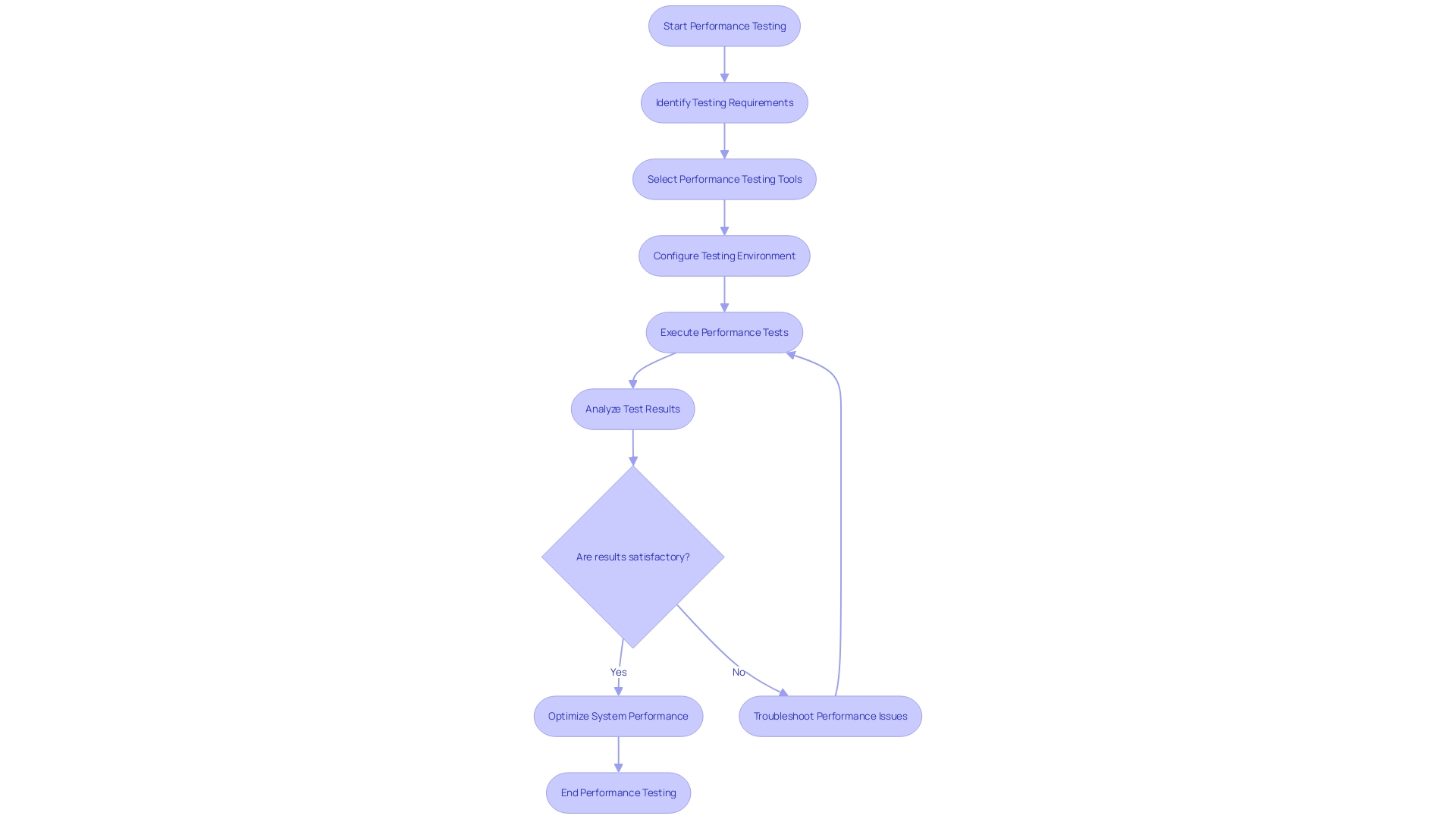
Benefits of 24/7 Technical Support for Azure
Companies and organizations leveraging the Cloud Solutions provided by Microsoft experience tangible improvements in their operational efficiency through the provision of continuous technical assistance. This dedicated assistance transcends time zones and working hours, affording organizations the advantage of immediate intervention, significantly curtailing downtime, and mitigating the repercussions of critical technical disruptions. Proficiency in services provided by Microsoft's platform not only improves dependability but also enhances system efficiency, ultimately resulting in a maximized return on investments in the.
From case studies like IFCO, which partnered with Rackspace to leverage their extensive expertise in cloud computing, to global entities like Delivery Hero that encountered substantial productivity losses due to IT-related delays, the emphasis remains consistent: expert technical support is paramount. Rackspace's customer-centric approach and comprehensive skill set facilitated IFCO's smooth transition to the cloud platform, underscoring the value of knowledgeable partners in navigating cloud complexities.
Mark Russinovich, CTO at Azure, highlights the importance of customer engagement post-incident, advocating for a collaborative dynamic between cloud providers and clients to preempt future issues. This sentiment is echoed in recent statistics revealing the dire financial and productivity impacts of internet downtime on UK businesses, as reported by Beaming's Managing Director, Sonia Blizzard.
Furthermore, the dedication of Microsoft to customer care is apparent through the perspectives of Mala Anand, Corporate Vice President, who emphasizes the incorporation of AI in enhancing the effectiveness of customer support. The need for passionate and empathetic tech support professionals, capable of swiftly resolving customer issues with respect and efficiency, is crucial in today's high-stakes tech landscape.
In this evolving digital ecosystem, businesses must be agile, readily adopting innovative services and features that enhance workload availability. The Well-Architected Framework's principles, such as Cost Optimization and the application of Chaos Engineering, play a critical role in maintaining a robust and highly available cloud infrastructure. As businesses continue to harness the power of Microsoft's cloud computing platform, it is the perpetual assistance and expertise that guide them towards achieving their strategic technological objectives with confidence.
Steps for Effective Communication with Azure Support
When interacting with Support, clarity and precision are essential to expedite issue resolution and receive the necessary assistance. It's crucial to provide a comprehensive explanation of the issue, including error messages and subscription details, and to promptly address any additional inquiries from the assistance team. A respectful and professional demeanor is crucial in nurturing a constructive relationship with Support.
As evidenced by the Developer Experience Lab research by Microsoft and GitHub, enhancing the working environment, rather than overburdening developers with expectations, leads to more sustainable outcomes. This focus on Developer Experience (DevEx) is about creating an optimized environment for code development. Embracing this approach, a React web application utilizing TypeScript was crafted to showcase the evolution of AI through a chat interface, emphasizing the ease of access to data and multi-language voice support.
The most recent advancements in Microsoft's cloud platform, like Azure Arc enabled Update Management, further showcase Microsoft's dedication to innovation. By leveraging the power of Azure, businesses are not only gaining cutting-edge cloud solutions but also fostering a partnership that emphasizes customer-centric approaches, as exemplified by Rackspace Technology's collaboration with IFCO.
Cloud Solutions offer the flexibility and control needed, with competitive pricing models that include a $200 credit for the first 30 days and a pay-as-you-go system post-credit for continued service usage. This guarantees that businesses can expand and adjust their infrastructure in accordance with their growth and changing needs, all within the governance and policies of Microsoft.
In brief, efficient communication with the help of Azure, combined with the most recent technological progress and strategic collaborations, enables businesses to utilize Azure Cloud Solutions for integration, aid, and consultation, propelling their enterprises towards innovation and achievement.
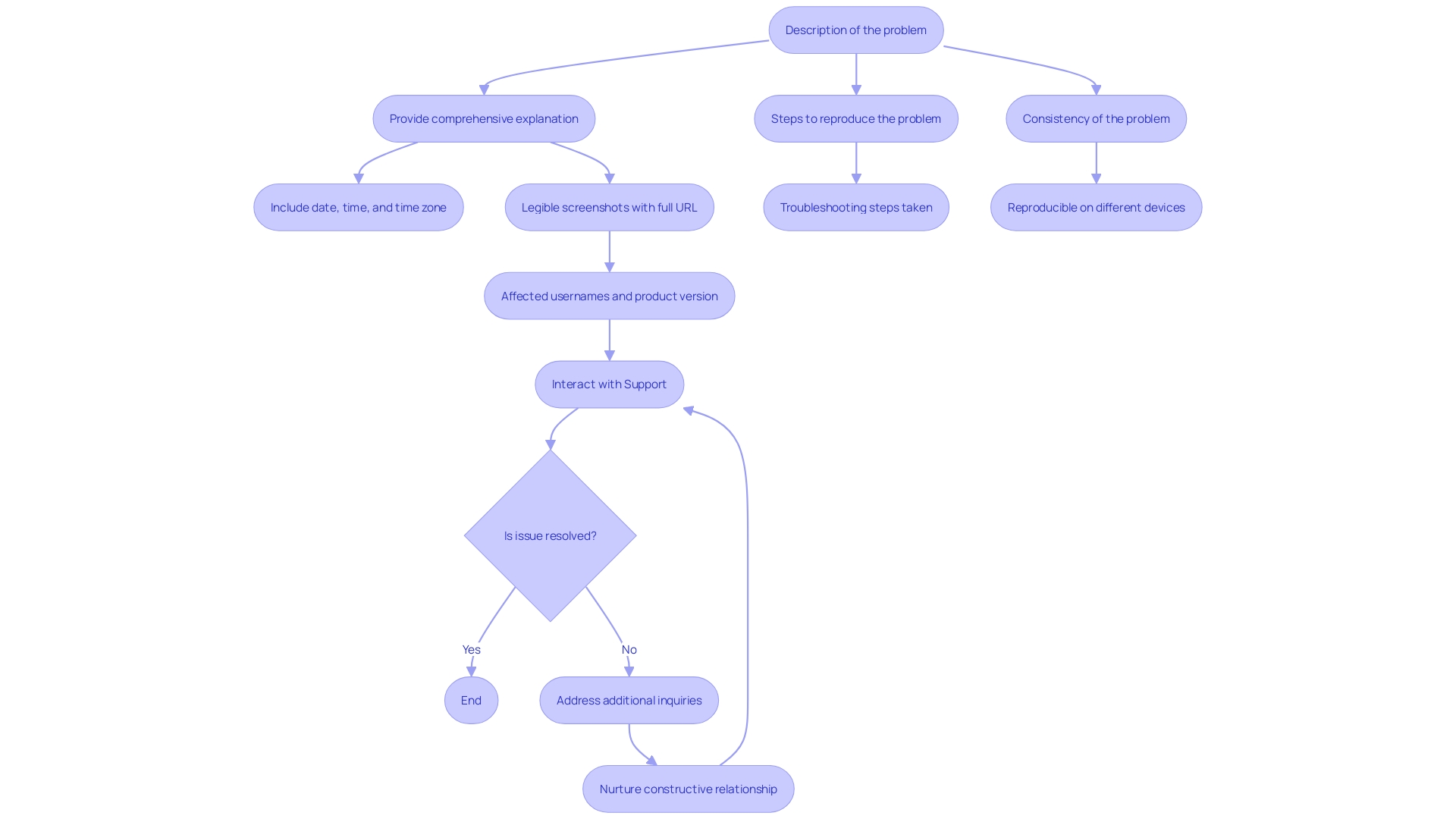
Azure Support Process: Assessment, Monitoring, Troubleshooting, and Optimization
The support process for Cloud Solutions is a comprehensive, multi-stage endeavor designed to ensure businesses and enterprises maximize the efficiency and effectiveness of their cloud infrastructure. At first, during the evaluation phase, organizations closely examine their setup on Microsoft's cloud platform. This meticulous evaluation pinpoints areas ripe for enhancement and ensures resources are allocated judiciously, as illustrated by Microsoft's distinction between 'assessment' and 'review', where the former involves detailed tools for data analysis.
Continuous vigilance is crucial in the monitoring stage, where services provided by Azure are closely examined to quickly identify any issues linked to performance or security. This proactive stance is crucial, as it allows for immediate remediation of potential vulnerabilities, thereby safeguarding data integrity.
In instances where challenges arise, the troubleshooting phase is activated. Support steps in with a structured approach to diagnose the issue, as emphasized in the provided guidelines: describe the problem clearly, set the priority level, categorize the request, detail the steps already taken, and provide contact information. This structured approach facilitates the identification of root causes and expedites the deployment of targeted solutions.
Optimization is the ultimate, continuous phase where services are fine-tuned to operate at peak performance, leveraging best practices and insights from Support. This mirrors the experience of companies like Knorr-Bremse, which embraced migration to eliminate datacenter costs and advance as a data-driven entity. The optimization process itself is similar to addressing a complex, NP-hard problem, where an optimal solution may not be feasible but a near-optimal one can be achieved with the use of sophisticated algorithms, as discussed by Core Insights Data Science Team members.
By following these steps, organizations like IFCO, with its limited IT department, successfully migrated to the cloud by collaborating with experienced providers to harness their expertise and customer-centered approach. This strategic approach ensures that Cloud Solutions not only meet the current demands but are also poised to adapt to future technological advancements.
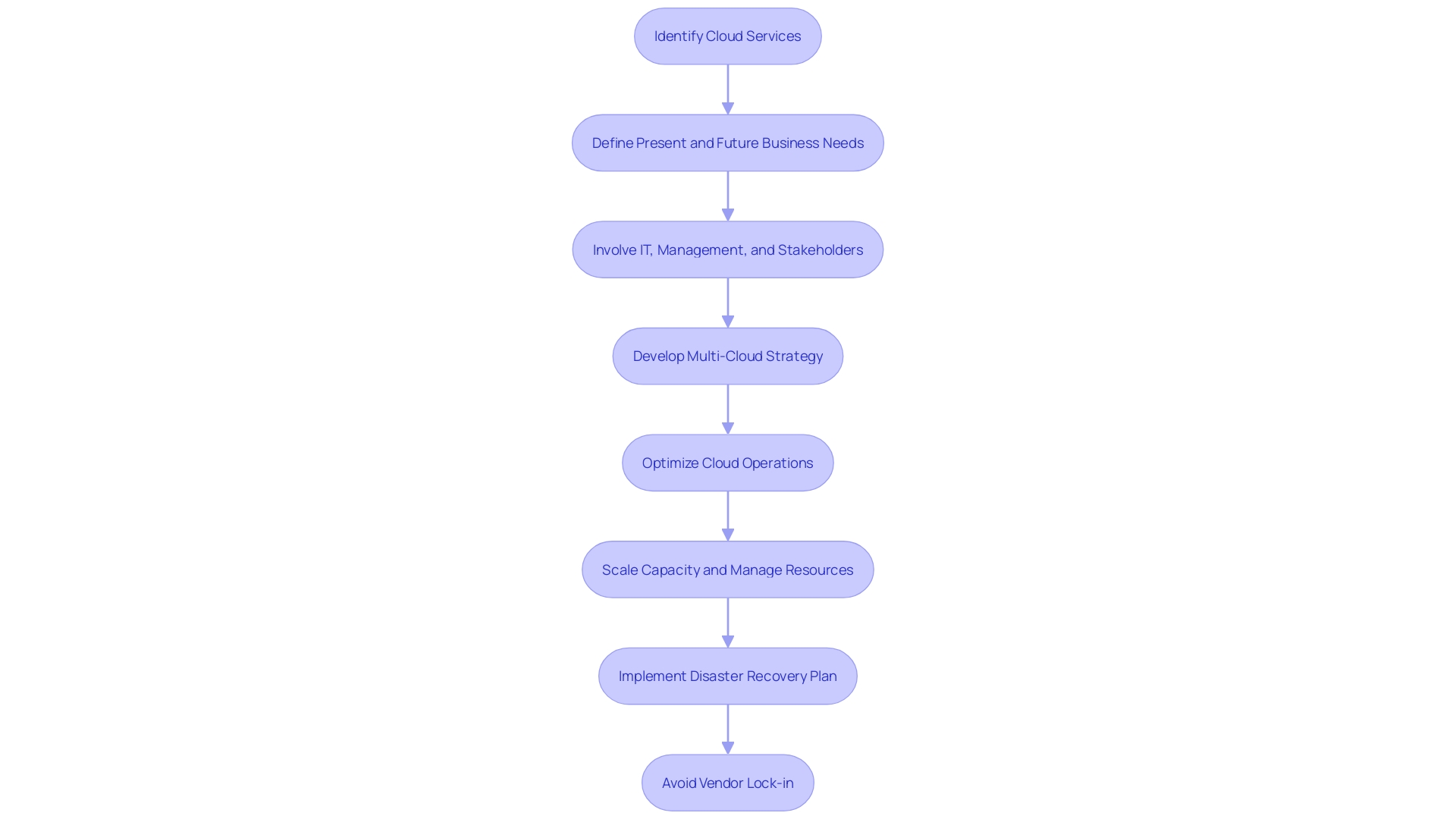
Tools and Resources for Managing Azure Services
To skillfully manage services, organizations must utilize a suite of powerful management tools that are provided. These include the portal for a user-friendly interface, PowerShell and CLI for command-line aficionados, and Monitor for in-depth analytics and insights. These tools collectively empower businesses to provision, configure, monitor, and manage their resources with precision and ease.
Optimal performance is crucial across diverse servers, VM types, and operating systems. This complex network of hardware and software requires advanced optimization algorithms, as mentioned by CTO Mark Russinovich. The Core Insights Data Science Team has developed resources to assist customers in solving complex optimization problems within their environments, ensuring efficiency under constraints of time and computational resources.
In the actual world, the State of Alaska's initiative to enhance their digital offerings exemplifies the transformative power of the Azure platform. By integrating cloud solutions, the state government improved access to services for its residents, addressing challenges posed by isolated and inefficient legacy systems. This transition not only streamlined processes but also bolstered data transparency and collaboration among departments.
The ecosystem of Microsoft's cloud platform is created to handle the management and integration of on-premises applications, data, and processes. It provides comprehensive solutions to manage user identities, guard against threats, and facilitate seamless migration to cloud computing. With resources like Arc and Bicep, organizations can automate and optimize their cloud resource management, ensuring compliance with industry best practices while simplifying the deployment of infrastructure and applications.
Adding to that, the commitment of Microsoft to continuous improvement is evident with the introduction of tools like Azure Arc enabled Update Management and the Azure Developer CLI, which showcase their dedication to automation and innovation. These advancements in the capabilities of Microsoft's cloud computing service are a testament to its role as a pivotal factor in an organization's digital transformation journey.

Best Practices for Optimizing Azure Performance and Security
For businesses and enterprises leveraging Cloud Solutions, maintaining optimal performance and robust security is non-negotiable. To navigate the intricate landscape of digital environments—spanning from websites and applications to operating systems—Azure is engineered to excel across a multitude of servers, hardware models, and virtual machine types. Acknowledging the constraints of time, computational resources, and the burgeoning complexity introduced by new services and VMs, reaching an impeccable solution might seem elusive. Yet, by utilizing an optimization algorithm, the platform can identify near-optimal configurations that balance performance with resource expenditure.
Mark Russinovich, CTO of Microsoft's cloud computing platform, emphasizes the critical nature of application reliability, stating, 'Users expect applications to be available and responsive, across all platforms and devices.' In high-stakes sectors such as e-commerce, finance, and healthcare, application downtime can result in substantial financial losses, reputational damage, and user dissatisfaction. Therefore, the platform employs a meticulous approach to performance tuning and security practices. This includes precise resource sizing, effective caching mechanisms, stringent access controls, robust encryption standards akin to those mandated by the PCI DSS for payment card security, and regular monitoring for performance optimization.
Furthermore, Azure keeps up with the rapid evolution of cloud computing by introducing tools like the AI-driven Copilot for operational management, and by sharing knowledge through Azure Enablement Shows. Such initiatives not only enhance the capabilities of a cloud computing platform but also ensure that customers can harness these advancements to bolster their own technological ecosystems. In the end, through the incorporation of these optimal methodologies and utilizing the most recent advancements, companies can tap into the complete capabilities of the platform, guaranteeing a protected, reliable, and highly efficient environment.
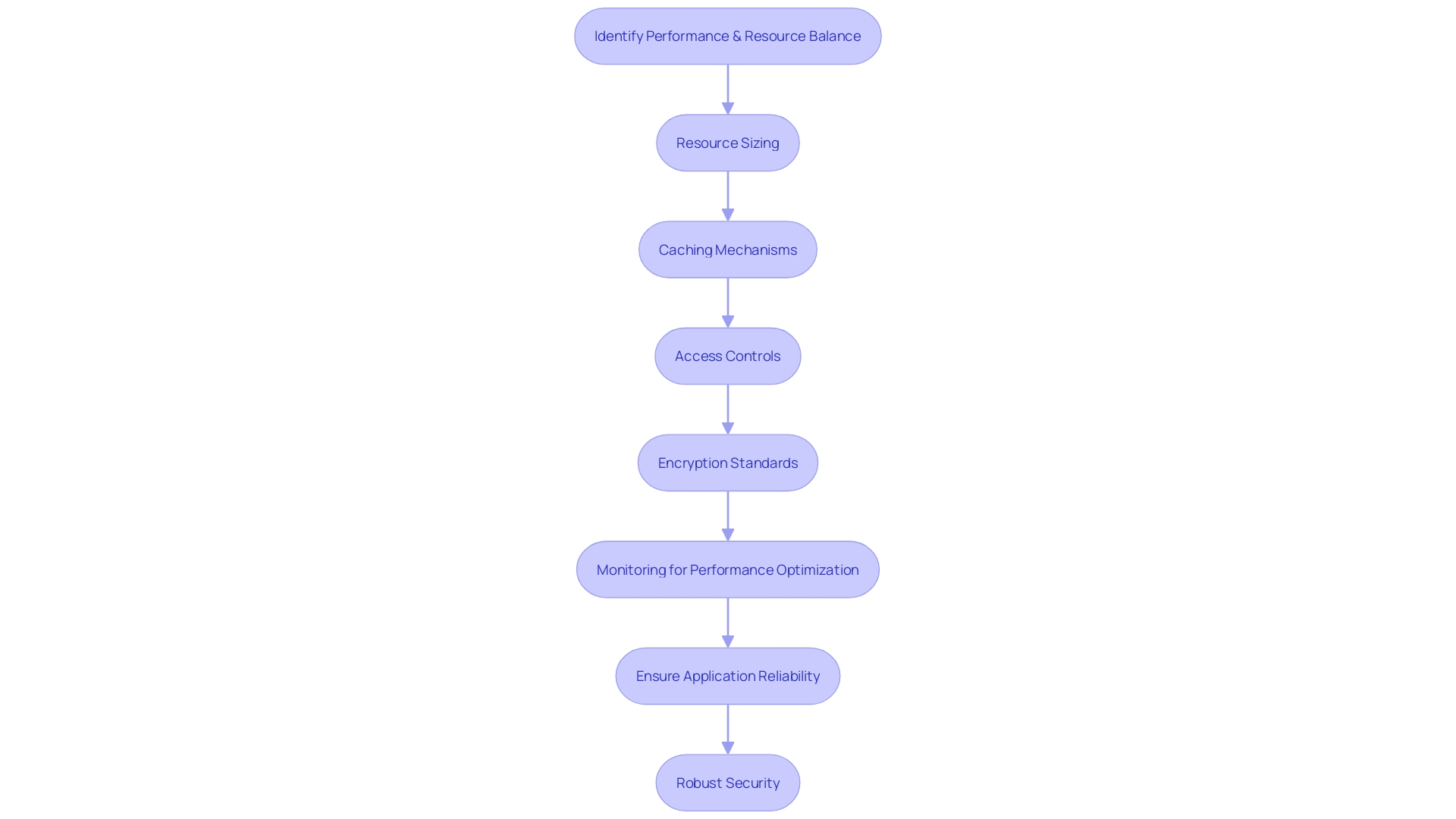
Case Studies: Real-World Examples of Azure Support Success
Examples of organizations adopting solutions based on cloud technology offer a glimpse into the transformative power of integrating and supporting cloud services. A prime example is IFCO, a company with a lean IT department that needed to transition to the online storage efficiently. With Rackspace's expertise, IFCO utilized another cloud platform to streamline operations, leaning on Rackspace's proven track record with similar migrations. This collaboration emphasized the importance of skilled consultants in navigating the transition to the cloud.
Knorr-Bremse, another success story, took advantage of a strategic moment to advance its digitization journey. The company, with a prosperous past and worldwide presence, embraced a cloud platform to eliminate data center costs and propel itself as a data-centric enterprise. This strategic move was part of an overarching goal to reduce on-premises infrastructure and pave the way for innovation and growth.
The impact of Azure is also evident in the financial sector, where Ally Financial leveraged Microsoft's cloud computing platform and Azure OpenAI Solution to revolutionize its customer support. The implementation of generative AI automated routine tasks, allowing customer support associates to focus on delivering a more personalized experience. Ally's cloud-first approach not only enhanced efficiency but also protected critical customer data, demonstrating the dual benefits of prioritizing cloud solutions in improving service quality and data security.
Furthermore, in the insurtech field, Sapiens International embraced a cloud platform to encourage developer innovation and accelerate the development of state-of-the-art solutions. With the comprehensive stack of Sapiens, optimized underwriting, claims processing, and fraud detection while providing tools for insurers to develop their chatbots, thus reinforcing its role in driving digital transformation.
These real-world applications demonstrate the capacity to support diverse business objectives and overcome industry-specific challenges. From reducing infrastructure costs to boosting customer engagement and enabling rapid development cycles, Azure proves to be an integral partner in enterprise growth and digital innovation.
Conclusion
Azure Cloud Solutions offer a range of support plans tailored to meet businesses' varying needs. These plans, including Basic, Developer, Standard, and Professional Direct, provide distinct features and capabilities for a customized experience. Azure's robust features ensure reliable access to data across multiple data centers worldwide.
Effective communication with Azure Support is essential for swift issue resolution. Contact options like phone, online chat, and email facilitate immediate assistance. Maintaining a respectful demeanor enhances the support experience.
24/7 technical support maximizes operational efficiency and minimizes downtime. Azure's commitment to continuous improvement is evident through advanced tools like the Azure portal, Azure PowerShell, and Azure Monitor.
The support process for Azure Cloud Solutions includes assessment, monitoring, troubleshooting, and optimization. Organizations can evaluate their Azure setup, detect issues proactively, resolve problems efficiently, and fine-tune services for peak performance.
Azure's management tools, such as the Azure portal, Azure PowerShell, and Azure Monitor, enable effective management of Azure services.
Following best practices for optimizing Azure performance and security ensures application reliability and data integrity. Azure's commitment to innovation empowers organizations to stay ahead in the rapidly evolving cloud computing landscape.
Real-world case studies demonstrate the transformative power of Azure Cloud Solutions. Organizations like IFCO, Knorr-Bremse, Ally Financial, and Sapiens International have successfully leveraged Azure to streamline operations, reduce costs, improve customer service, and drive innovation.
In conclusion, Azure Cloud Solutions, with their range of support plans, advanced tools, and best practices, empower businesses to integrate, support, and consult on their cloud infrastructure. By leveraging Azure's expertise and commitment to customer-centric approaches, organizations can drive innovation, achieve strategic objectives, and succeed in their digital transformation journey.
Contact Azure Support now for immediate assistance with your cloud infrastructure.




